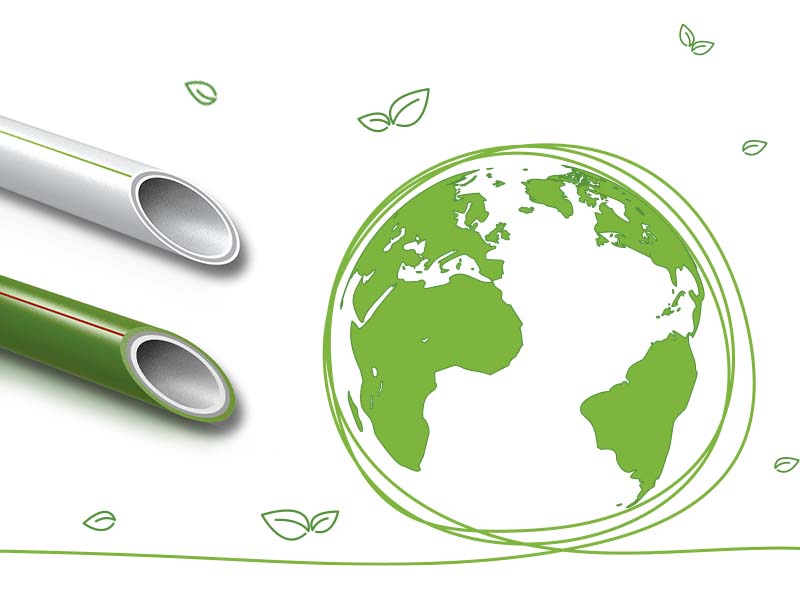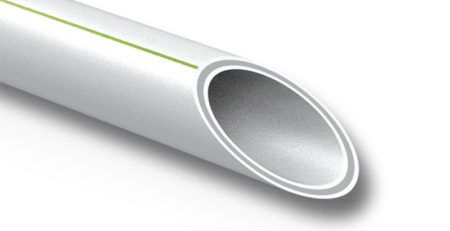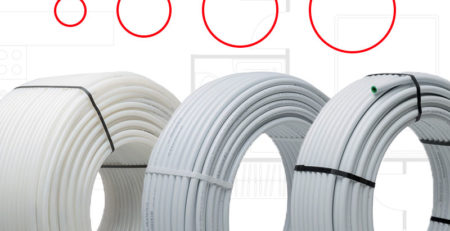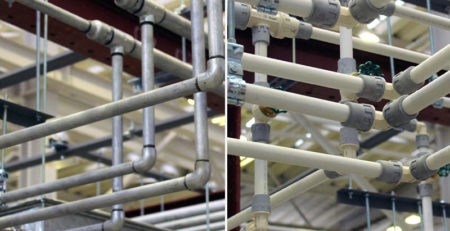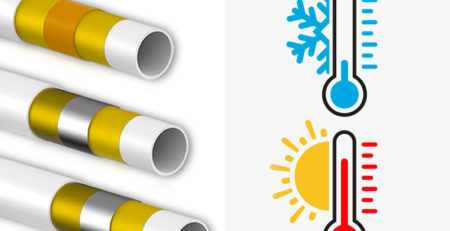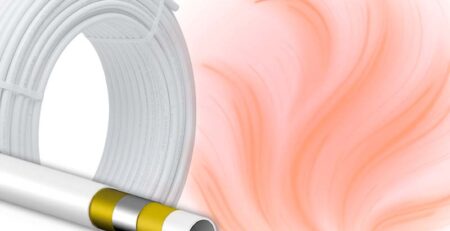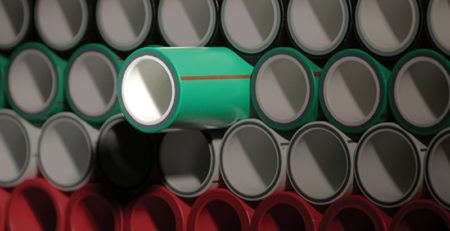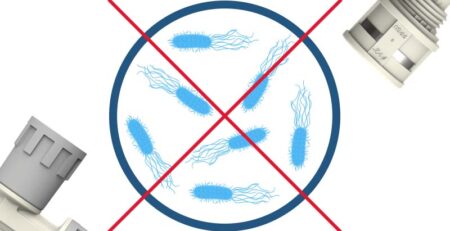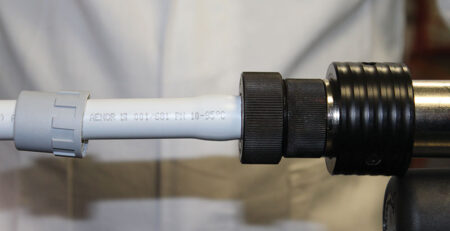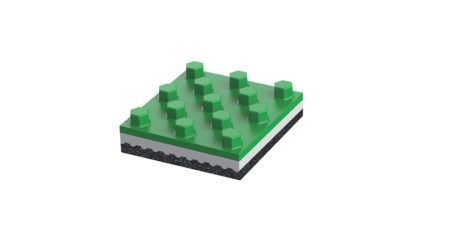The path to sustainable construction: Aquatechnik’s role in PP-R and multilayer piping systems
As environmental awareness continues to grow and regulatory standards become more stringent, the construction industry is making significant steps towards adopting environmental sustainability criteria in all its aspects. One of the key factors in building sustainability is the choice of materials, such as piping systems.
Sustainability assessment criteria
At the heart of building sustainability is the need to evaluate and measure the environmental parameters of production processes. The ISO 14001 certification and the Environmental Product Declaration (EPD) play a key role in this regard, shedding light on the environmental impact of construction products, including synthetic pipe systems such as PP-R and multilayer pipes. EPDs are essential to compare products and guide consumers towards more sustainable choices.
Aquatechnik’s quality and environmental certifications
As a guarantee of our care for the environment and our sustainable commitment, Aquatechnik has obtained ISO 14001 certification in 2019, which confirms that all of our manufactured products are made using processes with low environmental impact and 100% recyclable raw materials.
The systems’quality is ensured by the scheme of product certifications, which attest that the characteristics of the items produced and marketed by Aquatechnik meet all the requirements of the relevant product standards. The “Product Certification” process involves constant monitoring by inspectors sent by Certification Authorities. In some cases, these inspections occur unannounced during the production process. Surveillance activities generally include:
– Direct audits of production stages;
– Controls regarding the supply of raw materials, which must be homologated and previously approved by the Certification Authorities, together with controls on the entry of these materials;
– Examinations of controls and laboratory tests on manufactured products;
– Evaluation of the competence of personnel in charge of controls;
– Verification of the suitability and calibration of laboratory equipment.
Each inspection ends with the collection of samples from Aquatechnik’s warehouses, which are then evaluated in the laboratories of the Certification Authorities.
This process allows to determine whether Aquatechnik products meet the specific requirements of product standards. An approach that reflects a high standard of quality, ensuring the safe use of manufactured products. Aquatechnik has around 25 different certifications, which means that our products must undergo weekly inspections by one of the authorized bodies.
All the information about Aquatechnik certifications
Environmental Product Declaration (EPD)
The Environmental Product Declaration (EPD) is a comprehensive document that contains key information on the main environmental impacts of a production process. EPDs comply with established standards such as ISO 14040, 14044 and EN 15804 for construction products. These declarations are subject to verification and registration by independent bodies and provide proof of the product sustainability.
Aquatechnik can boast the certification and registration of the EPD (Environmental Product Declaration) at the Programme Operator’s portal (EPD International) with regard to Fusio-technik’s fiber-reinforced multilayer pipes and threaded and non-threaded fittings.
The data are comparable, objective and verified by an independent third party (SGS).
You can view Aquatechnik’s EPD declarations at this link.
Life Cycle Assessment (LCA)
The EPD Declaration is prepared with reference to product’s life cycle assessment, LCA (Life Cycle Assessment). This is a method by which the environmental impact of a product is quantified over its entire life cycle. This includes the steps from raw material synthesis to production, transport, use, disposal and recycling. The LCA takes into account several factors, such as energy consumption, greenhouse gas emissions, water use, waste generation and toxicity. The LCA is based on standardized data collection methods, as defined in ISO 14040 and ISO 14044.
Product Category Rules (PCRs)
PCRs are the ground rules that define how EPDs are prepared for specific product categories. They establish requirements for conducting the LCA, selecting environmental indicators, presenting the results and verifying them.
The main purpose of PCRs is to ensure that similar products are evaluated objectively, thus enabling comparability and verification of subsequent EPDs.
With more than180 different categories for which PCRs have been issued, a wealth of information is available thanks to sources such as the International EPD System’s PCR Library, the Environmental & Development Foundation’s PCR Public Library and UL’s Product Categories (PCRs).
Environmental classification of buildings
The possibility of providing, through the EPD Declaration, the environmental parameters of products allows to obtain the environmental classification of the building under construction, using established certification schemes. In addition to the ethical aspects, the higher classification (platinum for example) gives the building itself an increased commercial value of 30-40%. In some public building contexts, the availability of EPDs is a preferred condition.


